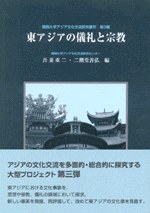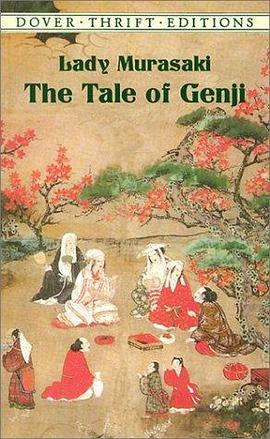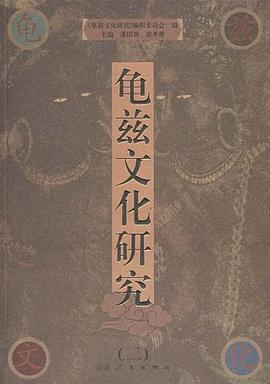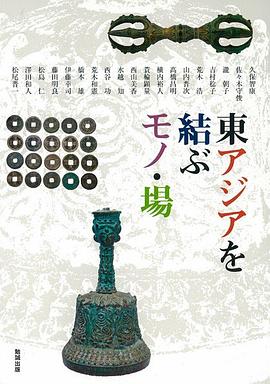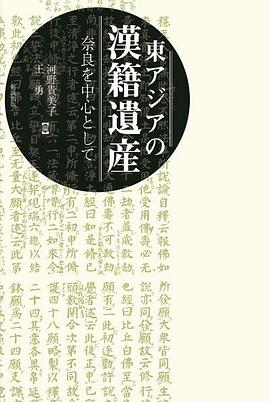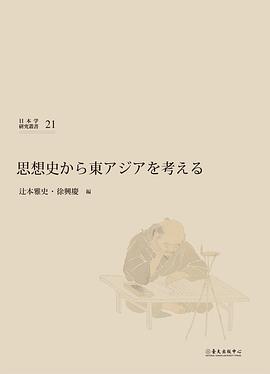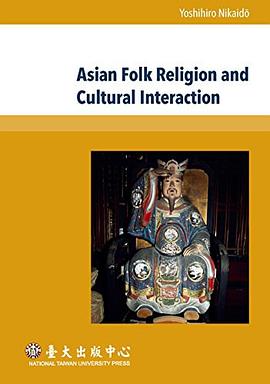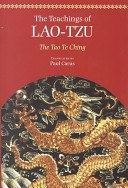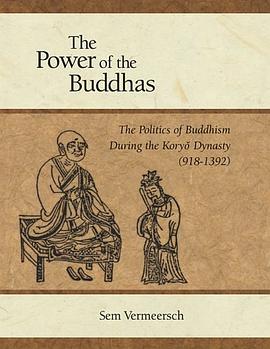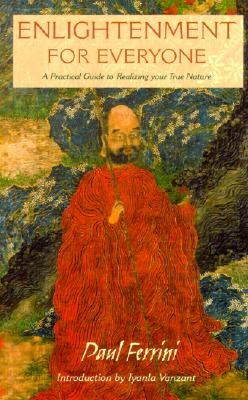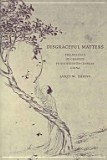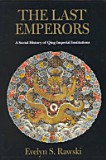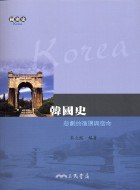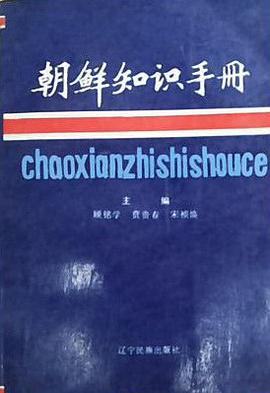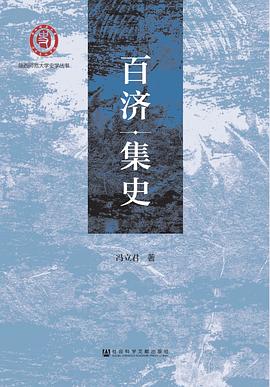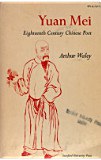

具体描述
His many translations include A Hundred and Seventy Chinese Poems (1918), Japanese Poetry: The Uta (1919), The No Plays of Japan (1921), The Tale of Genji (published in 6 volumes from 1921-33), The Pillow Book of Sei Shonagon (1928), Monkey (1942, an abridged version of Journey to the West), The Poetry and Career of Li Po (1959) and The Secret History of the Mongols and Other Pieces (1964). Waley received the James Tait Black Memorial Prize for his translation of Monkey, and his translations of the classics, the Analects of Confucius and The Way and its Power (Tao Te Ching), are still regarded highly by his peers. Dutch poet J. Slauerhoff used poems from A Hundred and Seventy Chinese Poems and More Translations from the Chinese to write his 1929 adaptation of Chinese poetry, Yoeng Poe Tsjoeng.
These translations are widely regarded as poems in their own right, and have been included in many anthologies such as the Oxford Book of Modern Verse 1892-1935, Oxford Book of Twentieth Century English Verse and Penguin Book of Contemporary Verse (1918-1960) under Waley's name.
Despite translating many Chinese and Japanese classical texts into English, including much poetry and several philosophical works, Waley never travelled to the Far East. In his preface to The Secret History of the Mongols, he writes that he was not a master of many languages, but claims to have known Chinese and Japanese fairly well, a good deal of Ainu and Mongolian, and some Hebrew and Syriac.
A Hundred and Seventy Chinese Poems, 1918
More Translations from the Chinese (Alfred A. Knopf, New York, 1919).
Japanese Poetry: The Uta, 1919
The Nō Plays of Japan, 1921
The Tale of Genji, by Lady Murasaki, 1921-1933
The Temple and Other Poems, 1923
Introduction to the Study of Chinese Painting, 1923
The Pillow Book of Sei Shōnagon, 1928
The Way and its Power: A Study of the Tao Te Ching and its Place in Chinese Thought, 1934
The Book of Songs (Shih Ching), 1937
The Analects of Confucius, 1938
Three Ways of Thought in Ancient China, 1939
Translations from the Chinese, a compilation, 1941
Monkey, 1942
Chinese Poems, 1946
The Life and Times of Po Chü-I, 1949
The Real Tripitaka and Other Pieces, 1952
The Nine Songs: A Study of Shamanism in Ancient China, 1955
Yuan Mei: Eighteenth Century Chinese Poet, 1956
The Opium War through Chinese Eyes, 1958
The Poetry and Career of Li Po, 1959
Ballads and Stories from Tun-Huang, 1960
The Secret History of the Mongols, 1963
作者简介
Waley was born in Tunbridge Wells, Kent England, as Arthur David Schloss, son of the economist David Frederick Schloss. Of Jewish heritage, he changed his surname to his paternal grandmother's maiden name, Waley, in 1914. Educated at Rugby School, he entered King's College, Cambridge in 1907, where he studied Classics, and was awarded a bachelor's degree in 1910.
Waley was appointed Assistant Keeper of Oriental Prints and Manuscripts at the British Museum in 1913. During this time he taught himself Chinese and Japanese, partly to help catalogue the paintings in the Museum's collection. He quit in 1929 to devote himself fully to his literary and cultural interests, though he continued to lecture in the School of Oriental and African Studies, London. In 1918, he met Beryl de Zoete, a dance critic and writer; they lived together until her death in 1962. In 1966, Arthur Waley married Alison Robinson, whom he had first met in 1929. They lived in Highgate in London, and she became a familiar figure in later years, living beyond the age of 100.
Waley lived in Bloomsbury and had a number of friends among the Bloomsbury Group, many of whom he had met as an undergraduate. He was one of the earliest to recognize Ronald Firbank as an accomplished author, and together with Osbert Sitwell provided an introduction to Firbank's first collected edition.
Noted American poet Ezra Pound was instrumental in getting Waley's first translations into print in The Little Review. His view of Waley's early work was mixed, however. As he wrote to Margaret Anderson, the Review's editor, in a letter of July 2, 1917: "Have at last got hold of Waley's translations from Po chu I. Some of the poems are magnificent. Nearly all the translations marred by his bungling English and defective rhythm... I shall try to buy the best ones, and to get him to remove some of the botched places. (He is stubborn as a jackass, or a scholar.)" Yet Waley, in his Introduction in his translation of The Way and its Power, explains that he was careful to put meaning above style in translations where meaning would be reasonably considered of more importance to the modern Western reader.
Waley was elected an honorary fellow of King's College, Cambridge in 1945, received the Commander of the Order of the British Empire (CBE) honor in 1952, the Queen's Medal for Poetry in 1953, and the Order of the Companions of Honour (CH) in 1956. He died in London and is buried in the renowned Highgate Cemetery.
目录信息
读后感
评分
评分
评分
评分
用户评价
相关图书
本站所有内容均为互联网搜索引擎提供的公开搜索信息,本站不存储任何数据与内容,任何内容与数据均与本站无关,如有需要请联系相关搜索引擎包括但不限于百度,google,bing,sogou 等
© 2025 book.quotespace.org All Rights Reserved. 小美书屋 版权所有

